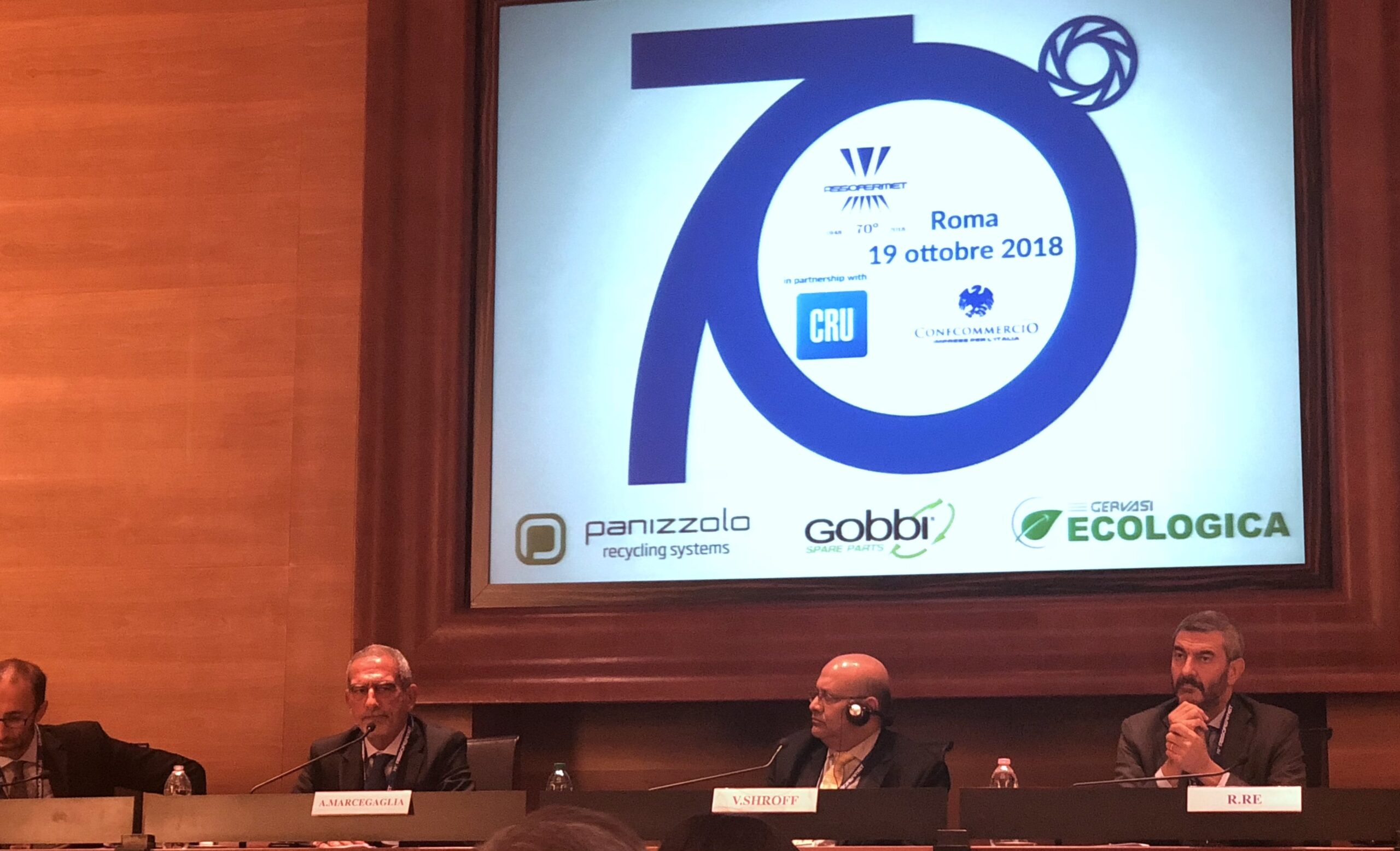
Gestamp grows profit in third quarter
Gestamp, the Spanish-headquartered supplier of components to the global automotive sector, has maintained its solid long-term growth trajectory, the company says This despite having a third quarter with more challenges than expected as a result of market conditions, Gestamp adds in its Q3 report monitored by Kallanish.
“Gestamp’s performance has been in line with our expectations for the first nine months. During this period, we have continued to invest in high-value projects that will result in profitable growth in the future, ” says the company`s ceo Francisco López Peña. “Manufacturers continue their focus on the new electric vehicles. These programmes should present commercial opportunities for which Gestamp is well positioned, given its experience in offering weight-loss solutions,” he adds.
Gestamp has extended its production facilities adding five new plants to its business up to the end of September 2018. The company has also announced the operational start of its first plant in Japan by the end of October.
Western European sales fell by -1.9% to €3.0 billion ($3.4 billion), while in Eastern Europe they increased by 20.4% to €841.4m in the January-September period. The sub-regional Latin-American trading bloc Mercosur sales rose to €426.0m or 8.6% more year-on-year. North America sales were up by 8.4% y-o-y to €1.16 billion, while Asia market sales were down by -7.3% y-o-y to €720.5m, Gestamp says.
During the first nine months of 2018 the company posted an operating profit of € 366.4m or 14.1% more than the same period of last year. Ebitda was up by 8.6% to €681.4m y-o-y on the same basis.
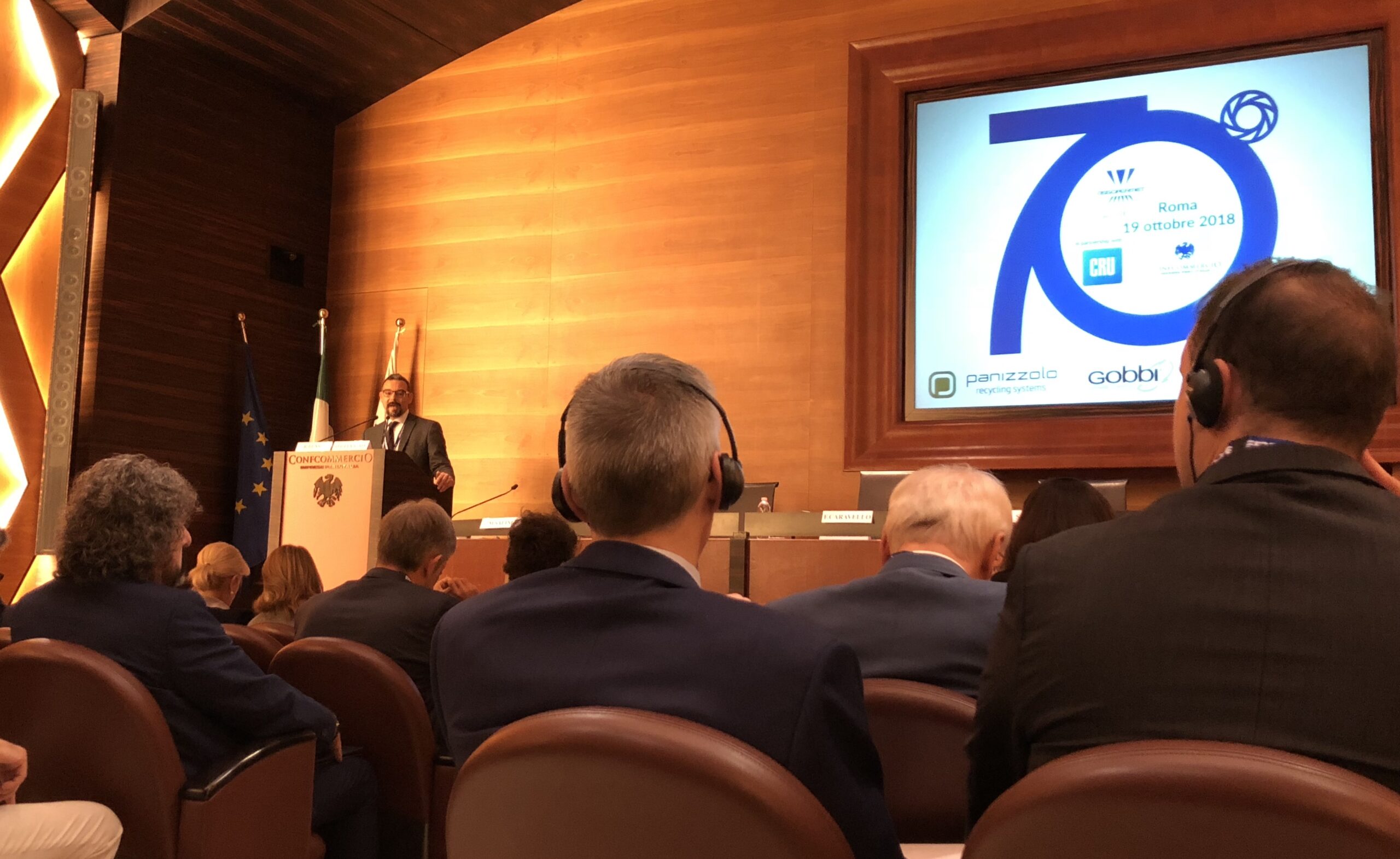
Assofermet against safeguards as extension expected
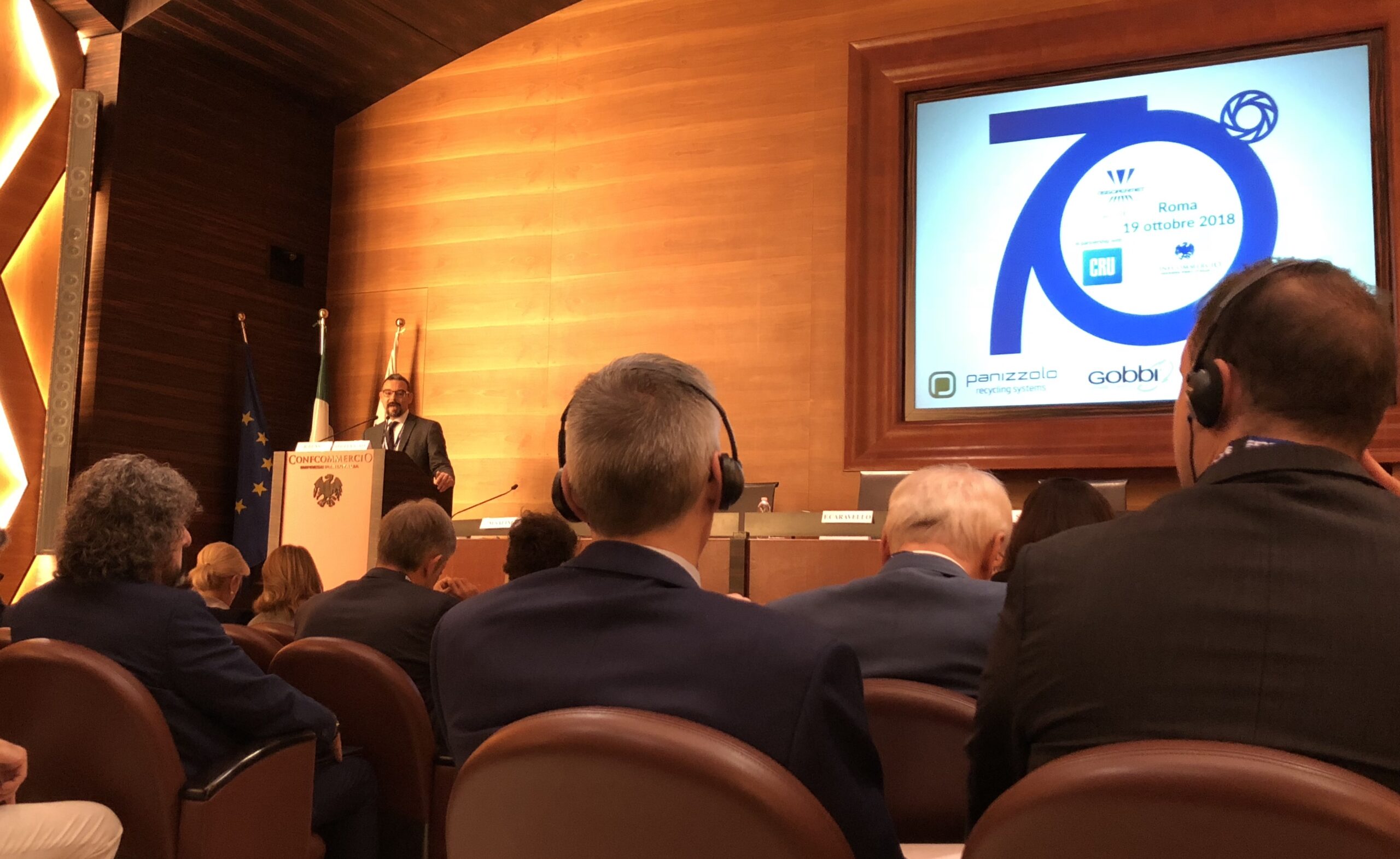
There are increasing expectations that the European Commission is likely to extend the existing safeguards on steel imports, at least until the US sanctions remain in place, market sources attending the Assofermet annual conference told S&P Global Platts on Friday.
“The discussion about to extend or not the safeguards is of course still ongoing and still open, but the direction seems that they will be extended for the next three years,” Massimiliano Salini, EU MP for industry, research and energy, said that during the Assofermet conference, echoing reports from market sources.
“Then we have to see the modality in which the safeguards will be put in place, but at the moment with the slowdown of the European economy that is showing problems to react and the fact that there is not a risk of steel supply shortage, this is likely to happen,” Salini said, adding that in the EU the safeguards are not generating an increase in prices as has happened in the US. “But the increase of the protectionism is not good for the market; the real aim is markets fully integrated,” he added.
The safeguards were put in place in July to avoid the re-direction of steel import flows as a result of the US Section 232 tariff on steel imports.
The decision whether to extend the safeguards will be taken by the end of the year, as confirmed by Leopoldo Rubinacci, EC director of trade and trade defense. He stressed the decision is still ongoing and that a dialogue from all the parties involved must take place.
“The quotas are still open so it is still possible to import avoiding the 25% cap, so there is no need to be worried,” Rubinacci said. “The quotas are starting to be fulfilled now. The EU is totally against the protectionism, it is for the free market. The safeguards exist to protect against artificial re-direction.”
Trade restrictions in general are not good for the market in the long term as they can push prices higher, Riccardo Benso President of Assofermet said.
“The duties put against the Chinese overcapacity made sense, today they are fully deployed creating a safe and profitable market for the mills, even without the safeguard,” Benso said. “We don’t need more of them as there will be the risk of higher prices for the end users.”
Tommaso Sandrini, president of Assofermet Acciai said steel end users should be part of the conversation in determining the best approach to take going forward.
“There are 20 million workers in the sectors that use steel…We need to put together all the voices of the steel consuming businesses to bring collectively a sound proposal to European institutions that is beneficial for the whole value chain, not only for the mills,” he said.
Annalisa Villa, PLATTS
Neuer Standort in der Bodenseeregion
Seit vielen Jahren schon verbindet die SÜLZLE Gruppe und die Carl Pfeiffer GmbH & Co. KG eine partnerschaftliche Zusammenarbeit. Der technische Fachgroßhändler für Handwerk und Industrie möchte sich künftig wieder verstärkt auf seine Kernkompetenzen fokussieren – und verkauft daher seinen Biegebetrieb in Stockach an die SÜLZLE Gruppe. Der Standort wird als weitere Niederlassung in das umfangreiche Filialnetzwerk von SÜLZLE Stahlpartner integriert. Das Familienunternehmen Pfeiffer investiert derzeit in ein hochmodernes, vollautomatisches Lagerlogistiksystem, um in den nächsten Jahren nachhaltig wachsen zu können, so die Geschäftsführer Carl Heinz Pfeiffer und Peter Buchbinder.
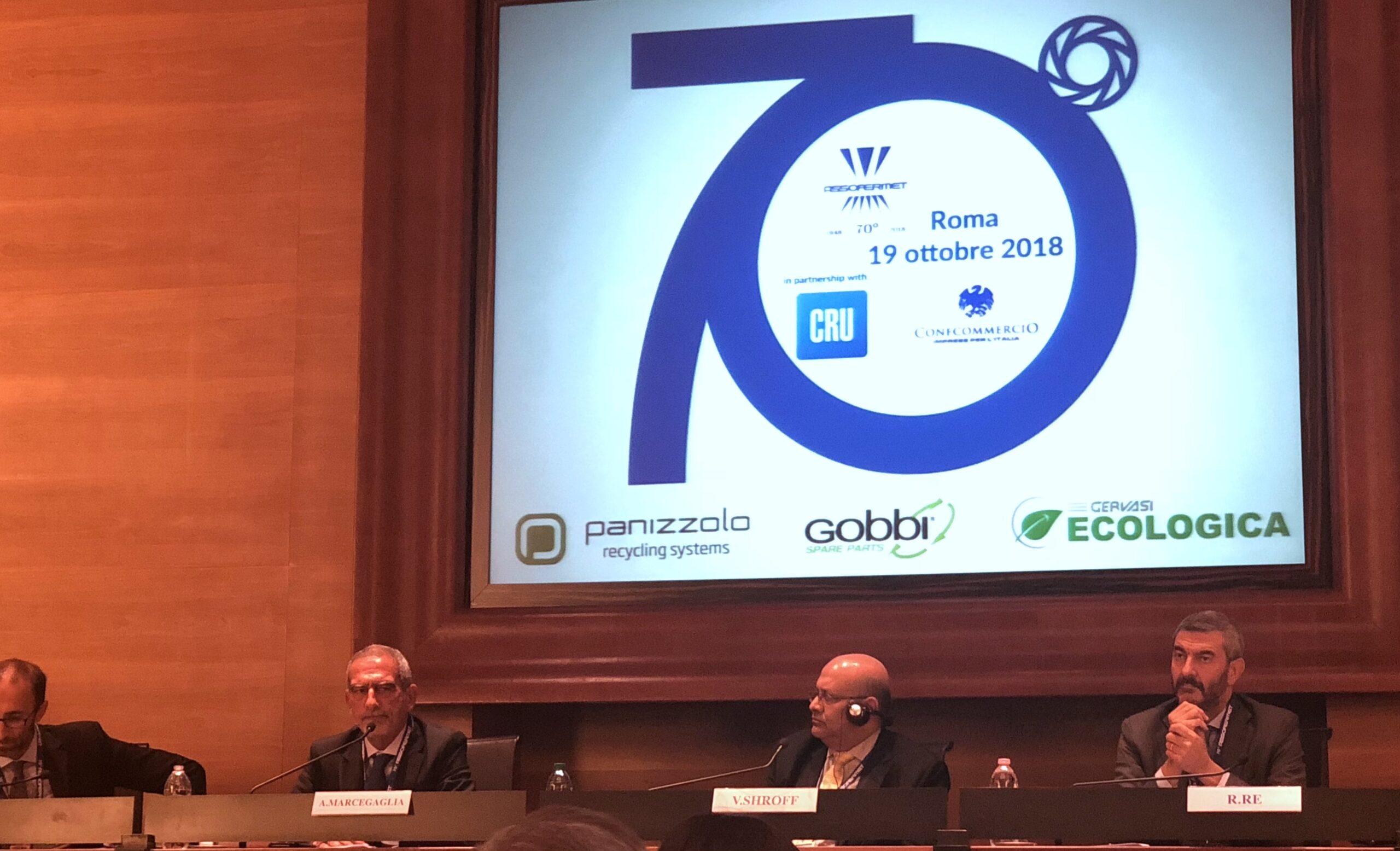
Italian distributors welcome domestic steel sector reorganisation
The recent conclusion of the reorganisation of the Italian steel production sector is set to bring positive effects to the local market. This follows a long period of uncertainty, according to sources at last week’s meeting of the Italian steel distributors’ association Assofermet attended by Kallanish.
Roberto Re, head of sales for western Europe of the Ukrainian group Metinvest, noted that the market has suffered from a lack of leadership during the last two years. This has been so because of the problems at Ilva and Aferpi, (formerly Lucchini).
Competition in the market has grown in recent months with the expansion of ArcelorMittal through the acquisition of Ilva and the entrance into the market of JSW and, imminently, Liberty House. Nevertheless, this reorganisation is set to bring more stability and further market discipline.
Representatives from distributors, service centres and traders in Italy also officially welcomed the arrival of India’s JSW into the local market following the acquisition of the former Lucchini operation in Piombino.
Vinay Shroff, executive vice president of the JSW group, explained that for the Indian company Piombino represented an opportunity to establish a foothold in Europe. He noted that while capacity expansion in India is ongoing, JSW is reducing its volumes available for the export market, therefore a direct presence in Europe can be strategic. The company is evaluating the possibility of expanding its presence in Italy with the relaunch of crude steel production in Piombino as well as the set-up of rolling lines for flat products.
Kallanish

Europe looks at three-year steel trade safeguard measures
The existing new European safeguard system for the import of steel products is expected to be confirmed for a period of three years. The provisional measures currently in place expire in February 2019, Kallanish learns from sources at the latest meeting of the Italian steel distributors’ association, Assofermet.
Euro MP Massimiliano Salini confirmed that the existing measures create some unwelcome effects on the European steel supply chain. He explained nevertheless that it remains the best solution to tackle the current global scenario of oversupply and increasing trade barriers.
“The European economy is not in a particularly strong position at the moment, therefore it is probably not in the position to tackle the global trade issues alone. The steel sector needs to be supported by the current safeguard measures,” he explains.
Distributors, service centres and buyers are starting to voice concerns over the existing system. In some sectors, such as wire rod, half of the existing tariffs-free quotas have already been used, creating some supply uncertainty for the next four months.
Leopoldo Rubinacci, of the Directorate General for Trade in the European Commission, explains that the negotiations are ongoing and a final decision is expected before the end of the year. He nevertheless says that the existing quotas are not creating too many problems in the directorate’s view. The measures have been designed to protect the market from possible negative effects of the trade war going on globally, not to directly control or limit free trade and markets.
Tommaso Sandrini, head of Assofermet’s steel group, notes nevertheless that he believes that safeguard measures are not needed, as trade is continuing in a stable manner. He adds that the provisional measures are relatively moderate, but that further barriers could create new problems in the future.
Kallanish
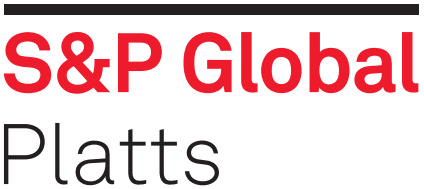
TK declares force majeure on low Rhine River levels
German steelmaker, thyssenkrupp, told customers Friday it has declared force majeure due to low water levels on the Rhine River, according to a letter seen by S&P Global Platts.
There had been unconfirmed chatter in the market that such a decision was forthcoming, and then the company issued a letter to customers Friday morning confirming the move.
“We have been informed by our shipping company that push-tow shipping on the Rhine must be halted immediately due to the extremely low water level,” the letter stated. “This will severely disrupt the supply of raw materials to our production plants. This exceptional and unforeseeable situation is beyond our control and forces us to declareforce majeure with immediate effect for the supply of our products.
“The company will only be able to serve purchase orders on pro-rata [basis], taking production conditions into account.”
The letter said thyssenkrupp was “unable to provide reliable information on how long the force majeurewill last … our sales people will contact you immediately and keep you informed about the expected impact on the delivery dates agreed with you.”
A company spokesman confirmed the letter seen by Platts, as well as the force majeure.
Mills typically receive inputs such as iron ore, coking coal and slabs from the port of Rotterdam, which are then shipped to facilities on the Rhine. However, little rain has been seen in the region since May and water levels are expected to drop further over the weekend, according to the Waterways and Shipping Administration (WSV) website.
The water level at Duisburg-Ruhrort stood at 167cm early Friday morning and WSV forecast this to fall to 152cm by Tuesday morning. This is the lowest level since 2014.
The situation was leading to longer delivery lead times and higher transport costs, as some suppliers had to switch to trucks or rail freight.
“Barges that could take 2,000 mt can now only take 700 mt. Due to the water levels, more barges than normal are required to meet the demand,” a German service center source said. “There are limited alternatives, as rail is expensive with limited capacity, and in Germany, we have a well-documented shortage of drivers [for] road haulage.”
Low water levels on the Rhine have been supportive of ex-works Ruhr coils prices, which have held relatively stable this week despite prices in southern Europe continuing to move lower. The S&P Global Platts TSI hot-rolled coil index ex-works Ruhr was at Eur561/mt ($643.53/mt) Friday morning, down Eur6 since October 1.
Len Griffin, PLATTS

Digitalisation improves distributors’ processes, not necessarily pricing

Steel distributors need to digitalise their processes to enhance customer relationships, although digitalisation might not help pricing orientation. So said participants during a panel on enhancing the value chain at last week’s EUROMETAL convention in Hamburg.
Distributors have to invest time in building up digital services and platforms to see improvement in traffic with customers, said Tim Milde of Berlin-based software forge Xom Materials. He gave the example of one steel distributor where the process took two years to get ready. “You need a lot of preparation. But then you can sell on digital channels – you guys should get ready for this,” he said at the meeting attended by Kallanish.
His experience was confirmed by Norbert Thumfart of Austrian distributor Weyland, who advised to tie in the customers early on. “We started two years ago to ask our customers, and now we are prepared – customers come to us and asked to be linked into the processes,” he said. He noted that 75% of customers polled signalled openness to e-commerce, but also requested the supplying distributor to go ahead and come up with offers.
Robert Kay of Prague-based Ferona agreed that “…we need to show customers that we are proactive.” He was not so sure if price indexing should be handled this way. “We have been approached by mills for indexing when prices were low, but we said no,” he explained.
However, Daniel Guinabert of ArcelorMittal said that his unit decided to launch such a tool, and that 12 months later gross margin had increased by 30%. Kay still maintained that “…I prefer direct contact,” and software man Milde stated that Xom would stay clear of index pricing in the foreseeable future.

Provisional EC safeguard measures remain under observation
The provisional safeguard measures imposed earlier this year by the European Commission under the form of a quota system remain under observation. The measures are set to remain in place until February 2019, but the authorities can make them permanent at that stage.
After a slow start, the utilisation of the quotas allocated is now rapidly increasing. According to Kallanish calculations, over 20% of the quotas for hot-rolled coils have been used so far, for example, leaving some 3.3 million tonnes of quotas still available. More than 23% of the quotas dedicated to metal-coated coil have also been utilised.
For long products almost 35% of the quotas for rebar have been used so far, leaving less than 500,000t of tariff-free quota available. In the tube sector the percentage is even higher, with almost 40% of tubes for gas appliances and hollow sections quotas having been used already.
Senior market analyst Georges Kirps tells Kallanish that it is premature to speculate on the decision of the European Commission based on today’s import data.
He adds, nevertheless, that during the first eight months of 2018 imports of flat products included in the safeguard system increased by only 0.4% year-on-year. “Obviously the existing AD duties on a number of flat products have already the necessary effect on non-EU import flows and might even further reduce it towards the end of the year. So, one of the possible options for the EU Commission might eventually be to consider safeguards on flats as superfluous,” he says.
For long products the situation appears to be more complex, given that imports into Europe increased by some 38% y-o-y during the January-August period. Kirps notes nevertheless that the longs market is cyclical and that these imports could fall towards the end of the year.
The tube market also finds itself in a critical position. “Non-EU imports of tubular products included in the safeguard system have been rising by 15 % in the first eight months of 2018,” Kirps says. “The announcement of an AD investigation regarding imports of hollow sections and welded tubes originating from FYROM, Russia and Turkey will surely slow the flow of tube imports in the rest of 2018, as hollow sections and welded tubes constitute the bulk on non-EU imports of tubular products under provisional safeguard measures.”

EU flats’ 2019 demand growth could decelerate: Kirps
Growth in demand for flat products in 2019 could decelerate due to a slowdown registered in the automotive sector, senior industry analyst Georges Kirps tells Kallanish.
In 2018 so far, the performance of the flats sector has been positive, but the peak might have already been reached in the first part of the year. “The EU automotive industry is now rather in a decelerating mode with a slowing EU market and less brighter perspectives in export sales,” Kirps says. “Uncertainty in the automotive sector is on the high side as this market appears to have become a preferred retaliation playground for tit-for-tat protectionist battles.”
The executive also adds that Brexit could create some disruptions in the automotive supply chain going into 2019, leading to lower output in continental Europe. “I see a possibility of production disruptions and mainly severe turbulence in the logistics and transportation steel supply chains, which presently are already in a situation of stress,” Kirps says.
Whilst demand is not set to be as bright as in the recent past, Kirps also notes that the sector is set to continue changing rapidly in supply-side terms. “On paper, the remedies imposed by the EU Commission for the ArcelorMittal/Ilva merger would prevent a rise in the market share of the new entity, in crude steel as well as in finished and processed flat steel products,” Kirps comments. “Nevertheless, these same remedies may eventually have the consequence that new players may enter the EU flat steel market and start to compete with the establishment.”
Kirps is currently delaying any judgement regarding the ongoing Tata Steel Europe/thyssenkrupp merger, as the proposal is now with the European Commission. Many of the possible consequences of the merger will depend on the decision, and any possible remedies communicated, by the European authorities.
thyssenkrupp makes reordering “easy”
thyssenkrupp Materials Services continues to drive forward the digitization of materials trading: With “easy supply”, thyssenkrupp’s materials specialists have developed an innovative app that is unique in materials trading. It enables customers to easily and quickly purchase materials.
In just a few clicks to the material
The functionality is simple: By scanning a QR code, the app recognizes the material, the quantities can be specified individually within the application and submit. In this way the customer can initiate inquiries and orders mobile and with a few simple steps.
“Our customers wanted a mobile solution from us,” says Andreas Kellermann, branch manager of thyssenkrupp Schulte in Munich. “With easy supply, we have created another milestone for smart interaction with our customers, which makes their everyday work more comfortable. That way they can fully concentrate on their core business. “
For the development, Materials Services has relied on in-house expertise: The app was built by in-house developers and under the direction of the internal Digital Transformation Office. Subsequently, it was subjected to extensive tests at the Munich branch of thyssenkrupp Schulte, a Materials Services company. Munich is home to the Digital Garage, where a team of experts brings the company’s digital developments to market. The app has successfully passed this test phase and will now be rolled out to the other locations of the German materials dealer.
Cross-channel access
In the digital transformation, thyssenkrupp Materials Services is pursuing a holistic approach along the entire value chain. In addition, the business area’s omnichannel structure offers its customers comprehensive and individual access to its product range. Crucial for this is the provision of all channels. With the app Materials Services supplements its existing range of customer portals, EDI interfaces, online shops and personal contact.
The video for the easy supply app is available here:


